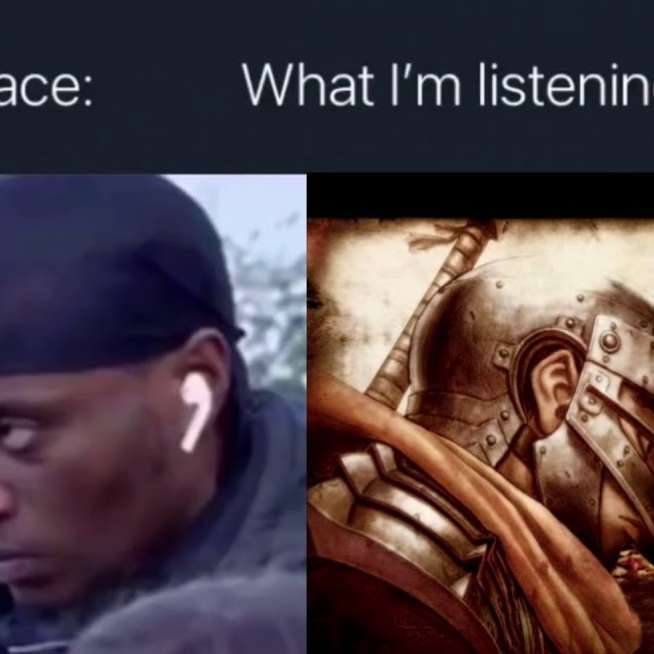Eno, Byrne ‘Happen’ with bright sounds about dark times
Via Chicago Tribune
By Greg Kot
The new album Everything That Happens Will Happen Today marks the first collaboration between David Byrne and Brian Eno in nearly three decades, and once again it brings out the best in both artists.
With Eno producing, Byrne's Talking Heads evolved from an edgy, somewhat brittle-sounding new wave band into a riotous funk-punk beast on three albums from 1978 to 1980, climaxing with the landmark "Remain in Light." During that time, Eno and Byrne also teamed up to create a futuristic collage, My Life in the Bush of Ghosts which anticipated the sample-based recordings of hip-hop.
Everything That Happens Will Happen Today is unlike any of those earlier projects. For one thing, it's distributed without the aid of a major record company. The album is available to be streamed for free or downloaded (320 kbps MP3s with no copying restrictions) for $8.99 from a Web site, everythingthathappens.com. A physical CD can also be ordered for $11.99 (or as a $69.99 "deluxe package") but won't be available for at least a few more weeks.
Musically, it departs from the more turbulent work Eno and Byrne have done previously. On the surface, it's an inviting, song-based collection of major-key melodies. But as usual with these two artists, there's more to it. This is a bright sounding album about dark times.
The two artists collaborated via e-mail, with Eno creating most of the music and Byrne supplying lyrics and vocals. A handful of musicians add instruments here and there, but the sound is unmistakably Eno-esque in the way it blends tones into an evocative wash of blurred aural colors. These atmospheric arrangements spur one of the strongest vocal performances of Byrne's career.
He and Eno have described the music as "electronic gospel." Byrne will never be mistaken for a gospel singer, but his adenoidal yelp has never sounded fuller, warmer, more confiding. He appropriates gospel's attitude as much as its technique, its unyielding optimism in the face of hard times, whether the environmental disaster of burning lakes and falling stars that consumes "My Big Nurse" or the soul-crushing oppression of "Poor Boy."
Eno's burbling soundscapes suggest the impending turmoil even as they fight against it; the brass section in "Life Is Long" sounds like a freedom-march fanfare from the civil rights era. And Byrne's vocals refuse to knuckle under, name-checking Sam Cooke's "A Change Is Gonna Come" for inspiration in "The River."
"Tigers walk behind me, they are to remind me that/I'm lost but I'm not afraid," Byrne sings.
In the end, music is a last refuge.
In the lovely, closing hymn "The Lighthouse," darkness is about to envelop everything. But a gentle chorus sings "the whole night through" until, finally, the moon appears.
